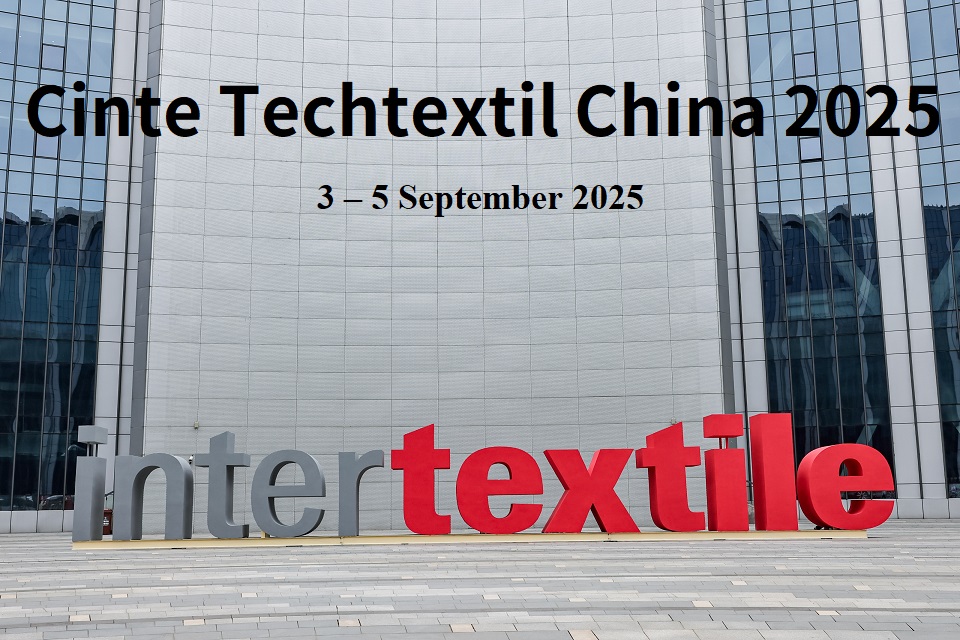President Director (Director) of PT Sri Rejeki Isman Tbk (Sritex), Iwan Setiawan Lukminto, said that textiles are not a sunset industry. According to him, the textile industry remains the highest need and has been ingrained in Indonesia. Iwan conveyed this to the President Director of Solopos Media Group, Arif Budisusilo, in the Beyond the Limits program which aired on the Espos Indonesia YouTube channel, Saturday (11/3/2023) Iwan then explained how textiles had become an important part of society. Starting from making clothing for fashion needs, clothing for professionals working in mining and others, to becoming personal protective equipment (PPE) for health workers during the Covid-19 pandemic.
Textile products in the form of masks were even able to save Indonesian citizens from the Covid-19 virus and save PT Sritex's business during the Covid-19 Pandemic storm
Iwan also said that the richest people in the world are textile entrepreneurs. Local textiles have even proven capable of growing the export market and being able to compete with big world brands.
However, regulations are needed to support the development of the fashion industry in the country.
Iwan added that global fashion brands can be big because production is carried out in developing countries such as Bangladesh, China, India, Indonesia and Vietnam.
This makes profits increase because production costs can be reduced. Regulations in production countries are used by global fashion players to gain profits.
Therefore, according to Iwan, Indonesia must tighten its regulations so that domestic products can compete.
Export Barriers
On that occasion, Iwan also conveyed that payment barriers in countries that do not have dollars are one of the challenges for the export of the Indonesian textile industry.
Iwan said the importance of trade diplomacy is needed to regulate smooth exports to these countries.
"Egypt for example, there [Egypt] dollars cannot go out at all, so the payment needs to be regulated by related stakeholders, including BI, OJK, and banking," said Iwan, Saturday (11/3/2023).
He added, Indonesian textiles and textile products (TPT) produce raw materials such as cotton, wool, nylon, and so on which are exported abroad.
However, sales of these raw materials in countries such as Egypt, Turkey and India are still competing with the local market.
He called this condition a disruption to TPT exports. Iwan said that the harmonization of the six components was needed so that the results could be even more optimal.
The six components in question include raw materials, market, commercial, energy & technology, environment, and human resources (HR).
According to him, harmonization between the six components can be supported by adequate regulations from the government. "Regulation will be felt when a crisis occurs, when the market starts to go awry," said Iwan.
Regulations are about what may or may not enter or leave Indonesia.
According to him, this regulation is also useful for continuing to grow the textile industry sector so that new entrepreneurs will emerge who will continue to develop the textile market.
Head of Export Development and Marketing of Domestic Products, Endang K Maharani, said TPT, batik, plastic bags and furniture still dominate exports in Solo with destinations to the United States, Europe and China.
Endang hopes that Solo's exports will continue to grow.
"Only if you look at the y-o-y [year-on-year] data for January 2022 and January 2023 it will still be high for the January 2023 period," Endang told the media crew at the Solo City Trade Service Public Consultation Forum at Manganti Praja Solo City Hall, Monday (13/ 3/2023).





